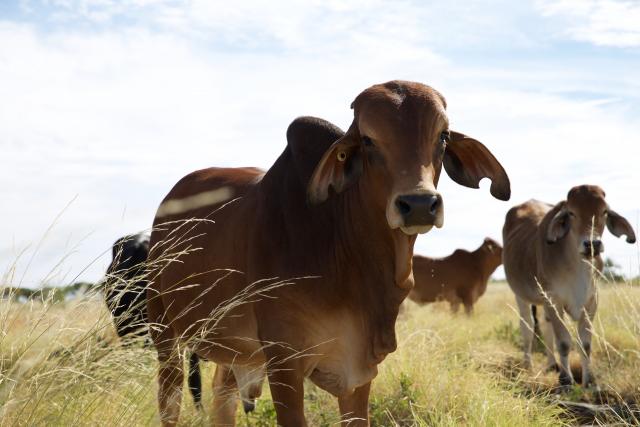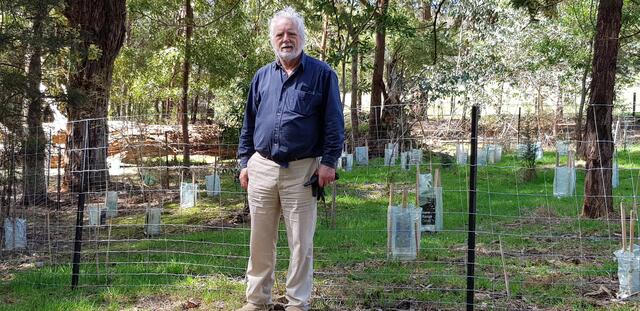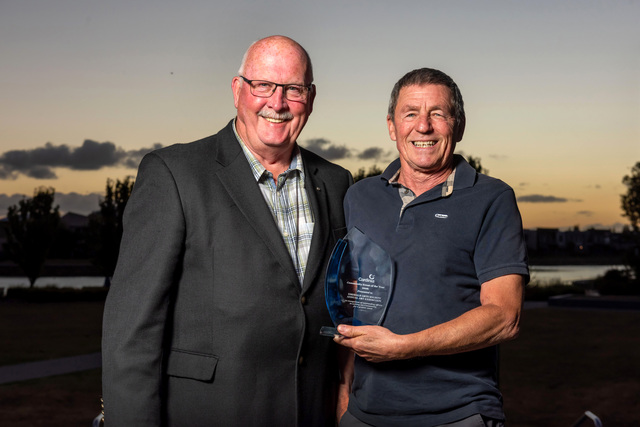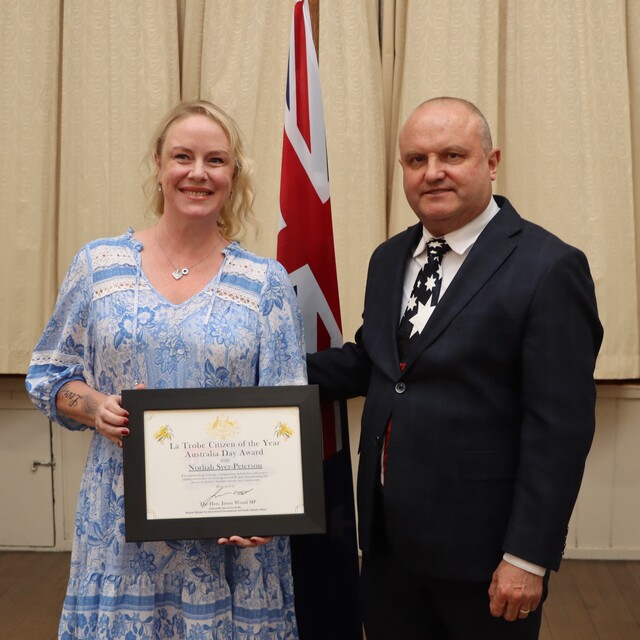Australia will contribute to a collective ambition to reduce methane emissions worldwide by 30 per cent by 2030.
The Federal Government, in signing the Global Methane Pledge, said it would help ensure ongoing access to international markets for Australia’s $24 billion livestock and dairy industry.
“This is a non-binding goal that is already accepted by over 120 countries, including some of the biggest beef-producing countries in the world,” Agriculture Minister Murray Watt said.
“By signing the pledge, we are putting Australia’s ag sector on a level playing field with our trade competitors.
“Increasingly, our trading partners are wanting to do deals with countries that demonstrate a stronger commitment to sustainability.
“By investing in new technologies such as feed supplements, the industry can remain internationally competitive.
“Today’s signing shows our trade partners we can still produce the best food in the world, all while being environmentally responsible.”
He said industry was already well on its way to achieving its own goal of carbon-neutral meat production by 2030.
“We’re backing industry, having made clear the pledge does not require reduced herd sizes and we will not legislate taxes or levies to reduce livestock emissions.
“As we have seen with the recent floods, our farmers are on the frontline for the impacts of climate change.
“In fact, the most recent ABARES modelling estimates that changes in seasonal conditions have reduced annual average farm profits by 23 per cent, or around $29,200 per farm, from 2001 to 2020.”
Farmers are already leading the charge on climate action, National Farmers Federation president Fiona Simson said.
“The strong assurances and partnership provided by government mean the pledge will not negatively impact on farmers or the agriculture sector.”
The Cattle Council of Australia said it was supportive of the move, provided there were no new taxes or reduction of herd numbers, chief executive officer John McGoverne said.
“Millions in cattle levies have been invested in new feed additives that significantly reduce methane emissions including asparagopsis, or pink seaweed, which can cut emissions by more than 90 per cent.
“These kinds of technologies will encourage producers to get involved and they should be rewarded for their effort.”
Farmers for Climate Action chief executive officer Dr Fiona Davis said farmers would benefit from Australia and the world signing on to the pledge.
“Farmers are being slammed by climate-driven flooding right now, and methane accelerates climate change,” Dr Davis said.
“The gas industry should not be allowed to unbalance the climate and threaten our food supply. Gas industry lobbyists cannot be allowed to continue pretending farming is the problem. Having a local food supply is not optional.
“Claims that signing the methane pledge threatens farming need to be called out. Farmers deserve the security of a safe and stable climate in which to grow our food.
“Farm methane has been dropping while methane from the gas industry has been rising.
“Reductions in methane should come from the gas and oil industry.”

















